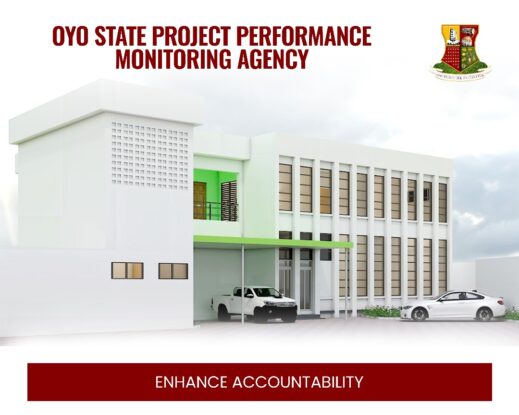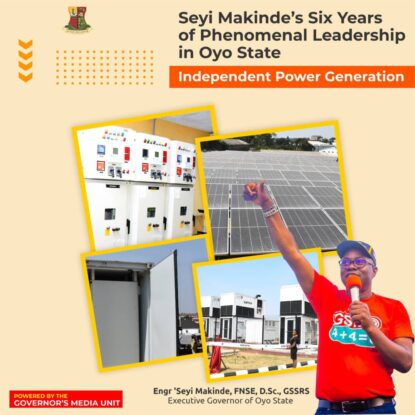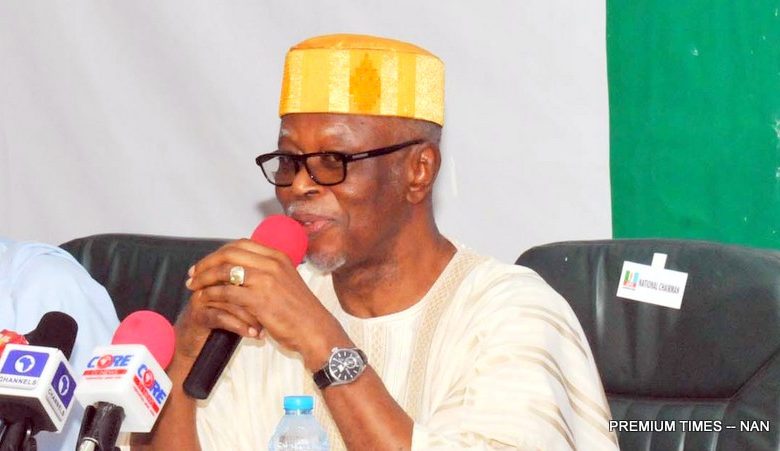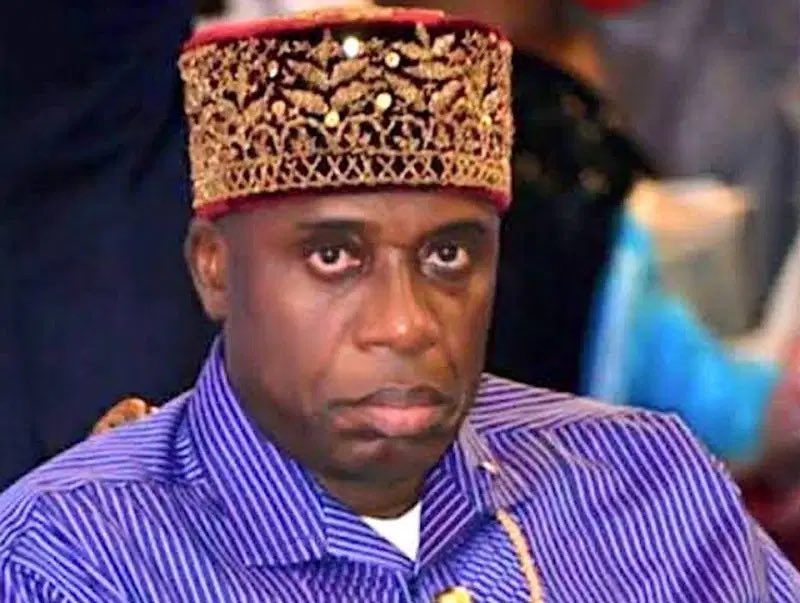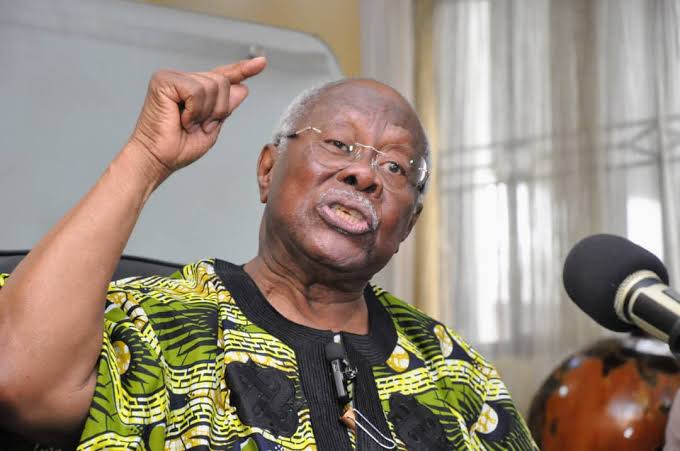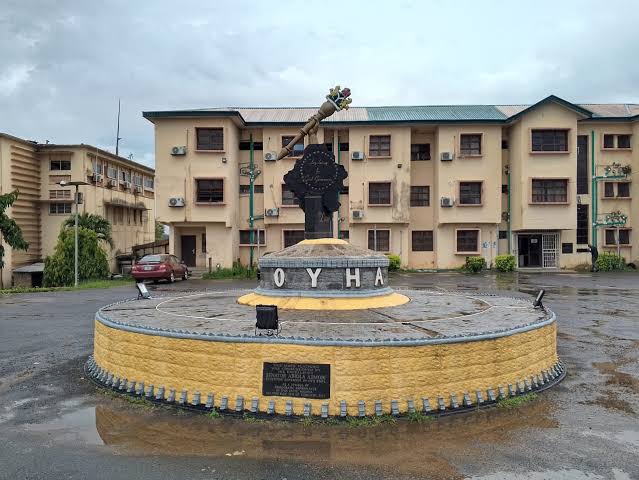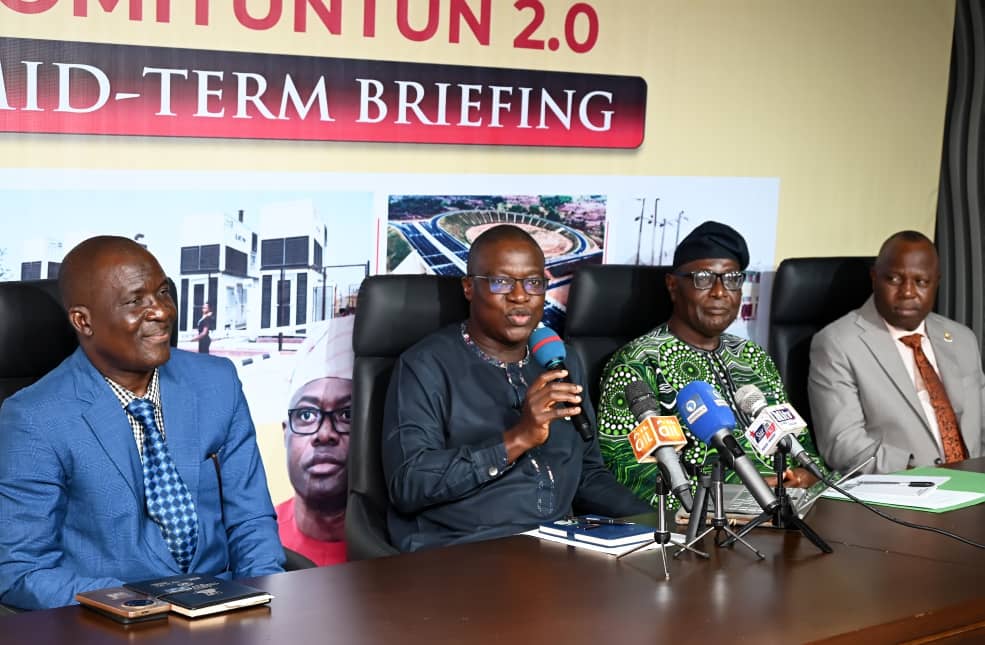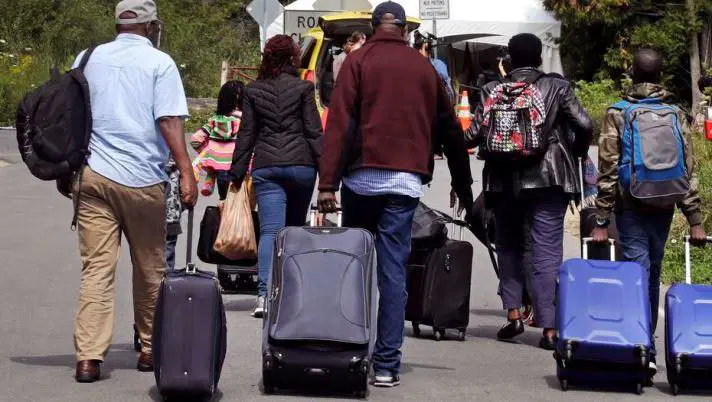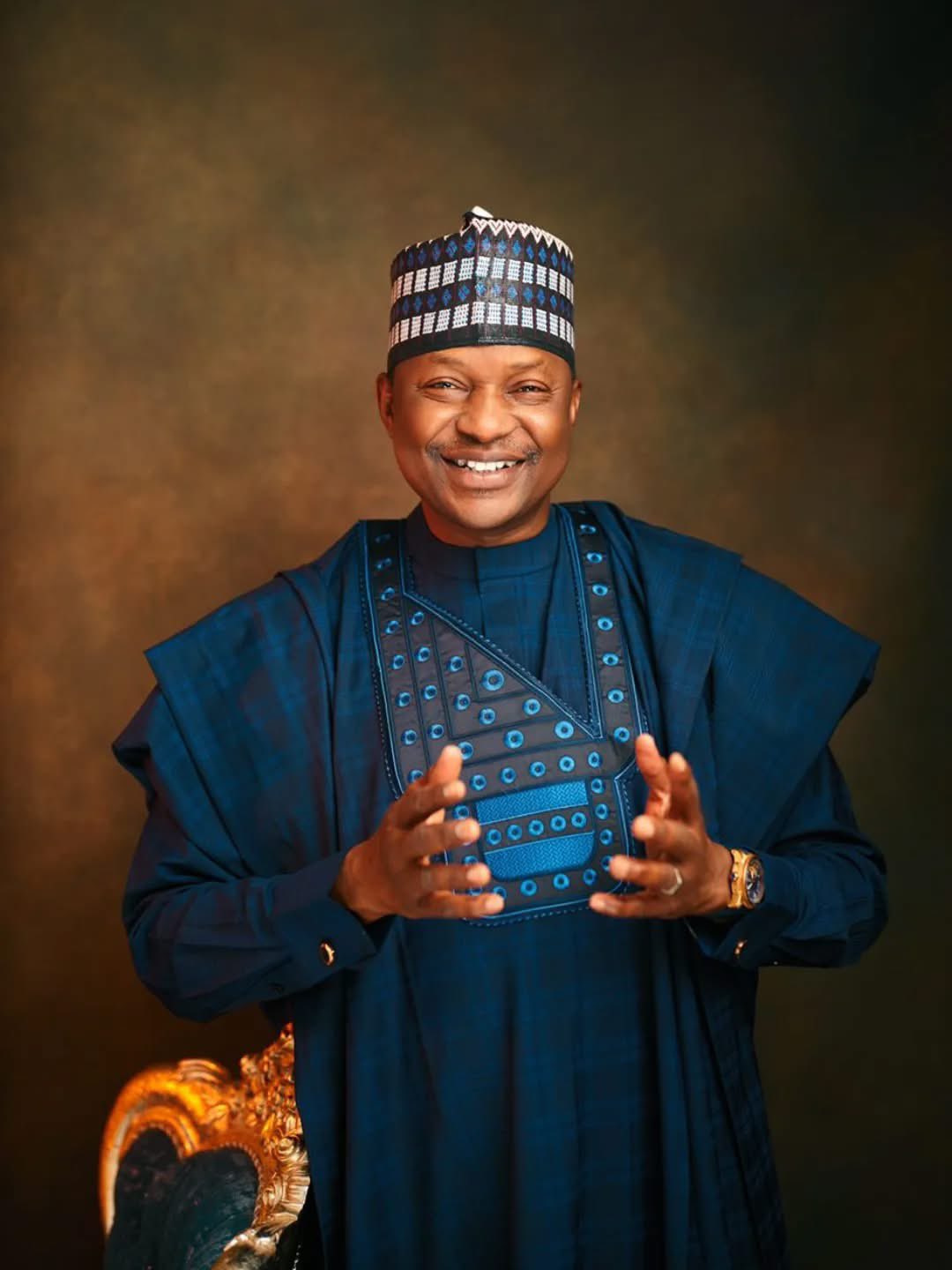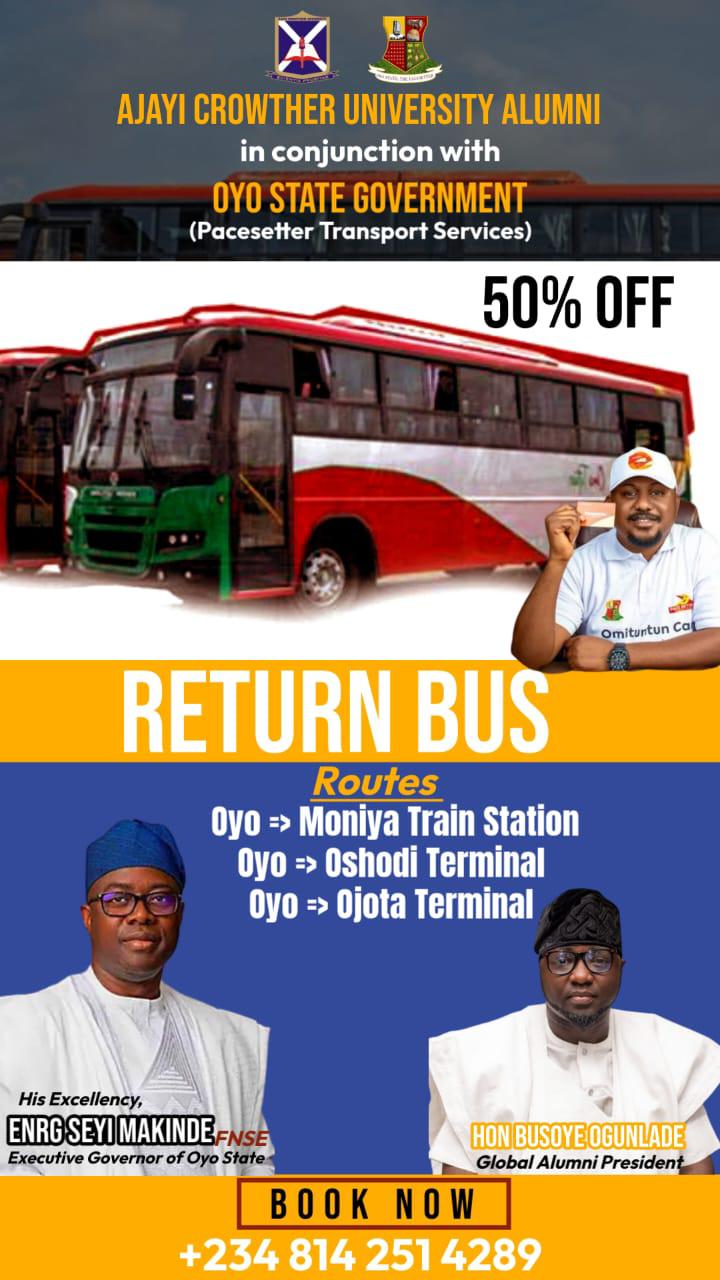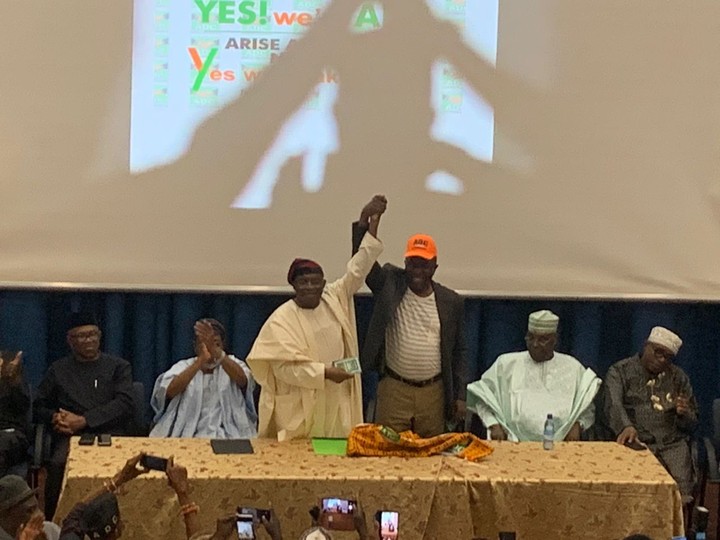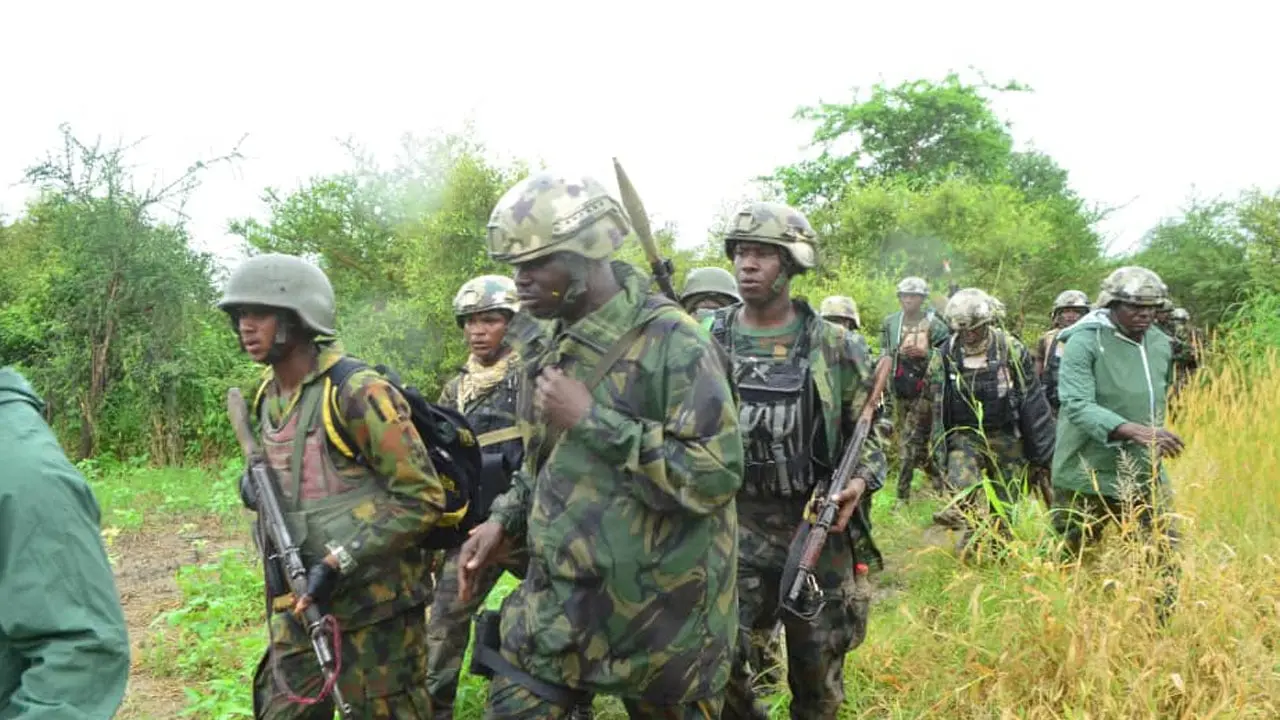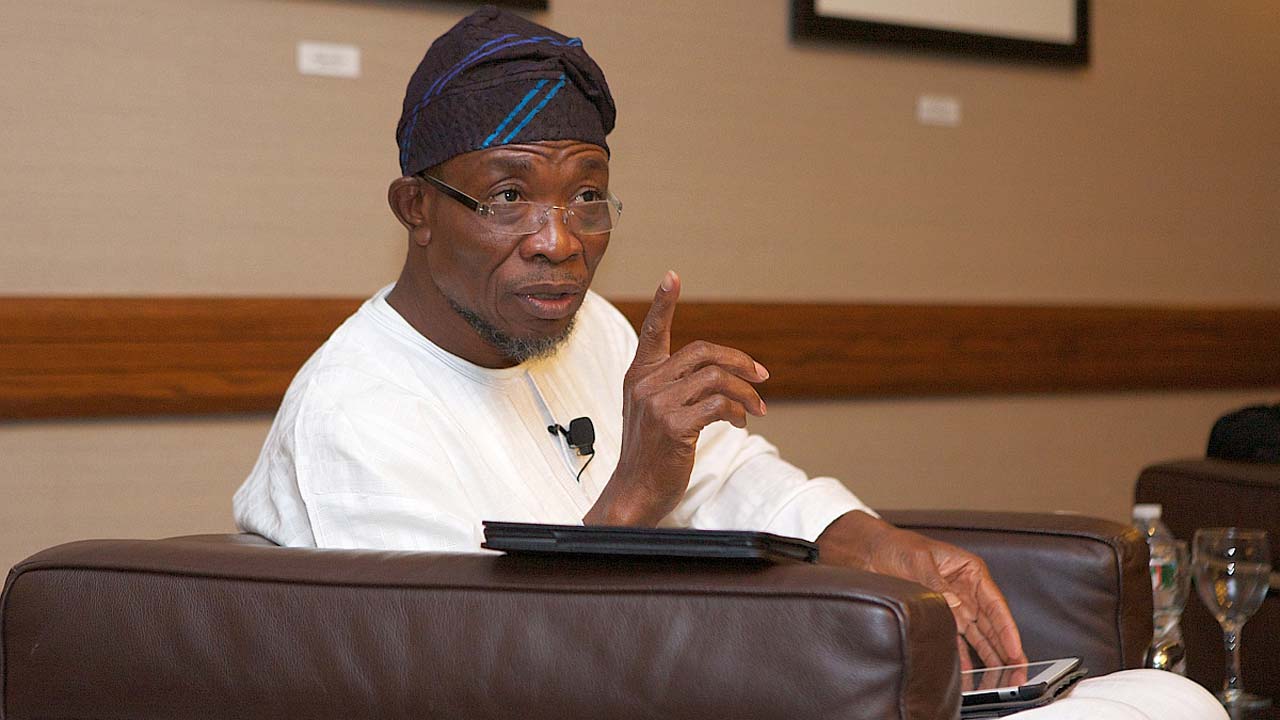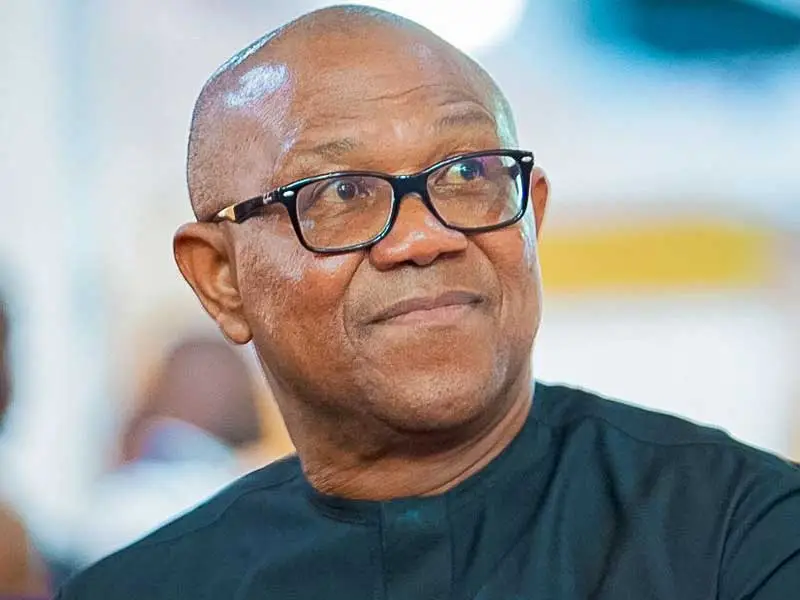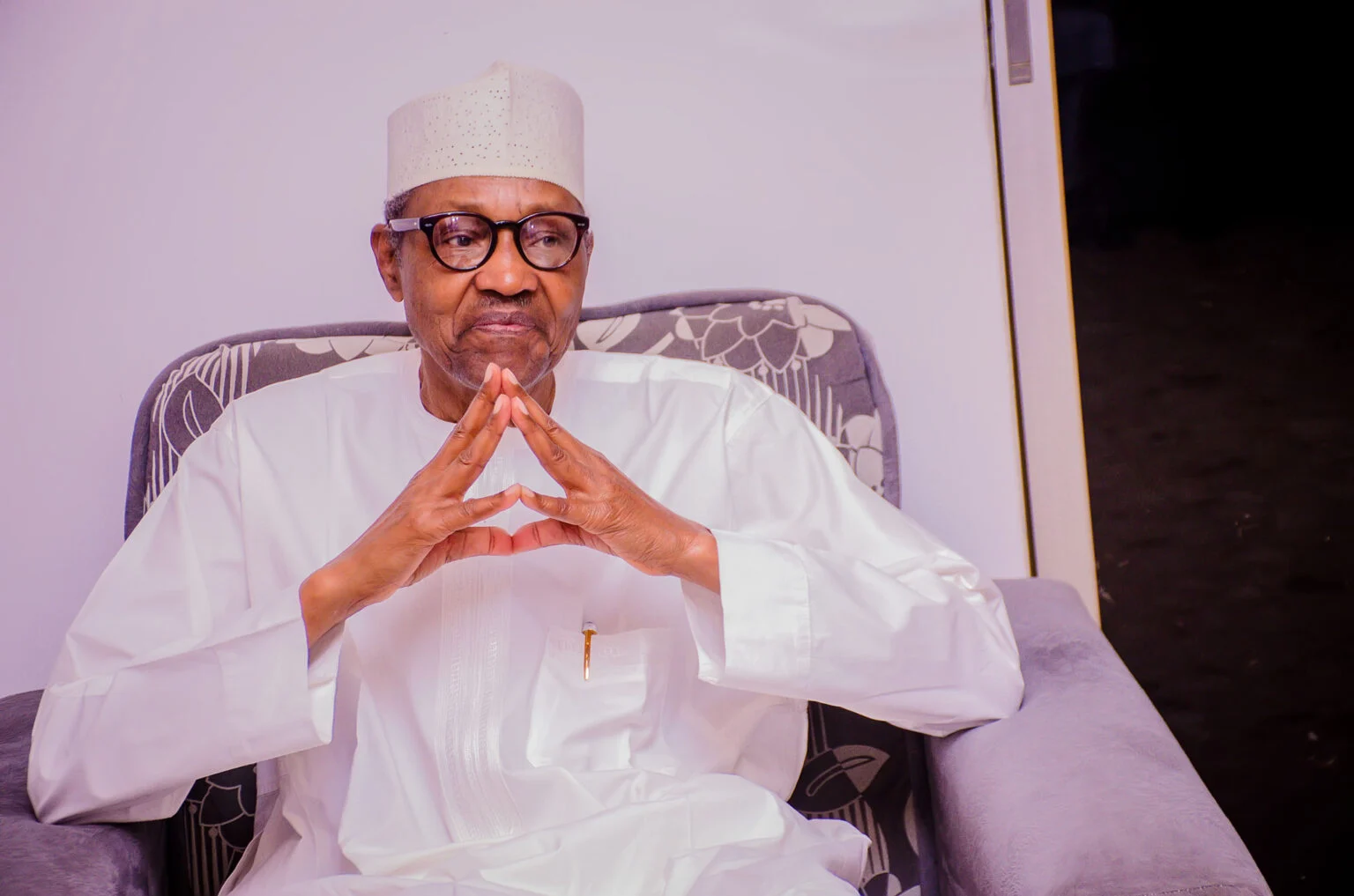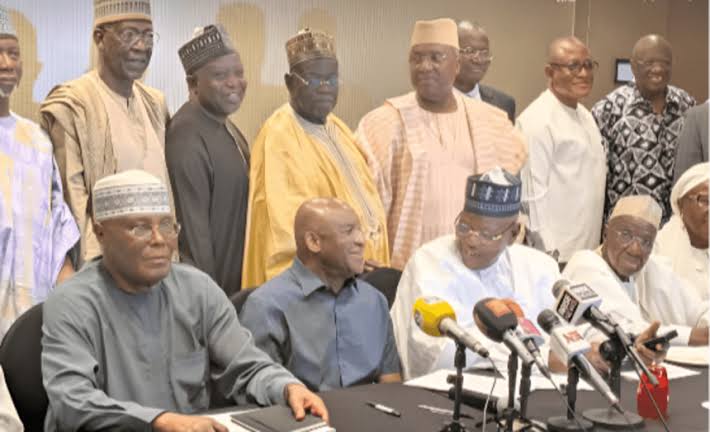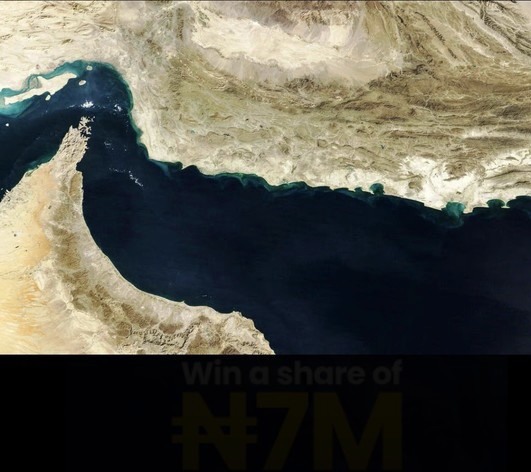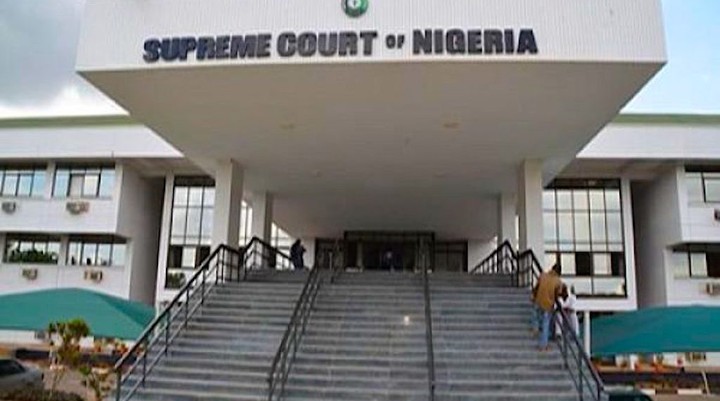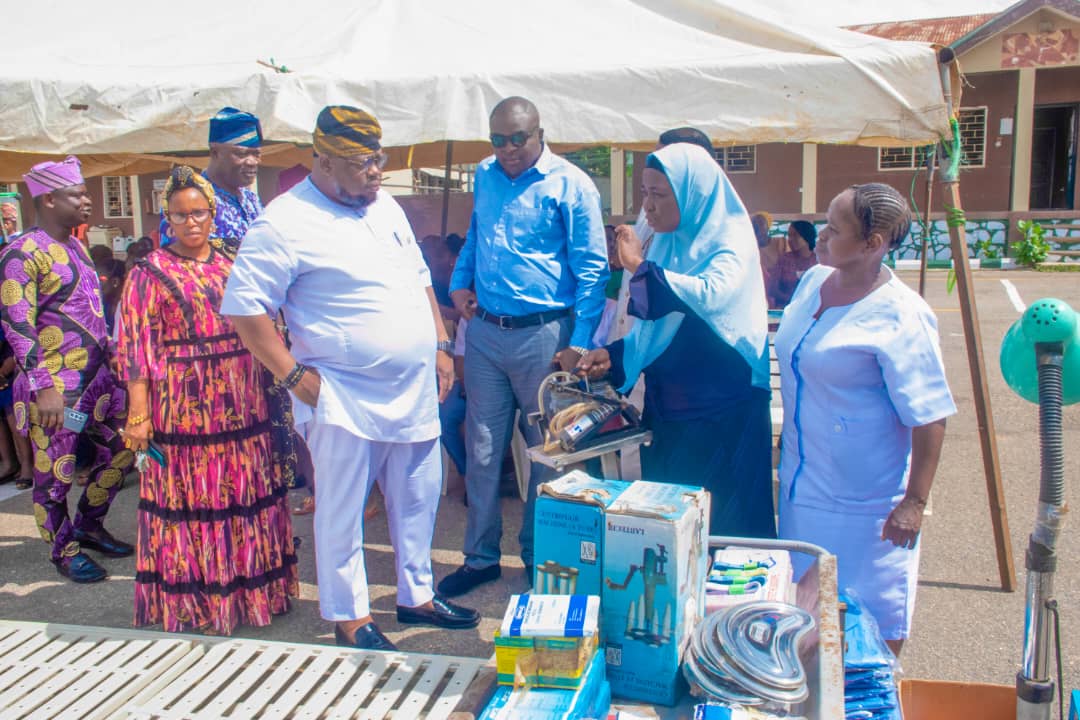2027: Oriire Youth Council Rallies for Massive Voter Awareness Campaign Ahead of Next Elections
In what appears to be one of the most grassroots-driven civic mobilizations in recent times, the Oriire Youth Council is setting a bold precedent with its declaration of readiness to embark on a local government-wide voter sensitization exercise. The initiative, which is already generating quiet optimism across communities in Oriire, is aimed at reversing voter apathy and increasing political relevance for the historically underrepresented local government area.
The 30-member non-partisan body—comprising vibrant youth representatives from the ten wards of Oriire—announced its strategic plan following months of stakeholder consultations, post-summit dialogues, and community mapping.
Beyond the Ballot: A Civic Awakening
This is not just about PVCs and polling units, say insiders familiar with the council’s plans. It is about rewriting the political and developmental fate of Oriire.
Speaking on condition of anonymity, a senior official in the Council said, “We cannot continue to lament marginalization when our own numbers at the polls remain unimpressive. If Oriire must attract projects, appointments, and policy attention from state and federal governments, we must prove our weight electorally.”
This philosophy aligns with one of the council’s working beliefs: “When people show up, government shows up.”
Indeed, the last general elections in Nigeria recorded disturbingly low voter turnout in Oriire compared to its population and eligible voter base. Officials from INEC also confirm that several eligible residents still lack permanent voter cards, while many others have misplaced theirs without effort toward replacement.
The December Summit That Changed Everything
The roots of this campaign can be traced back to the well-attended #OriireFirst Stakeholders Summit, held in December 2023 at Jegbe Town Hall in Ikoyi-Ile. The summit brought together political leaders, religious and community figures, students, and grassroots actors to forge a common front for Oriire’s development.
From that gathering emerged a resolution: Oriire must not only speak development, it must also act development—and this includes the full democratization of electoral participation.
Campaign Strategy: From Palaces to Markets, Mosques to Schools
The Council’s strategy for the voter sensitization exercise is both ambitious and localized. According to briefing documents reviewed by this reporter, the outreach will:
- Target market associations, churches, mosques, student unions, town unions, and artisans’ groups.
- Educate residents about the importance of voter registration, PVC replacement, and voting.
- Work in synergy with both the Independent National Electoral Commission (INEC) and the National Orientation Agency (NOA) to provide verified registration schedules and procedures.
- Translate messages into Yoruba and Pidgin English to reach rural and semi-literate populations
Even more impressively, members of the Council will don uniformed campaign attire with branded caps and shirts bearing the Oriire Youth Council identity—ensuring visibility, credibility, and professional execution.
Political Relevance at Stake
The Council is also making the political case for Oriire’s greater involvement. “There are five local government areas in Ogbomoso zone,” said Joshua Ojo, member representing Oriire Youths at the Oyo State Youth Parliament. “Yet, Oriire continues to lag in appointments and recognition—not because we lack capable people, but because our numbers at the ballot box are low. That must change.”
Sarafadeen Owonikoko – the National Chairman of the Youth Council also said the Council will also pay courtesy visits to INEC, NOA, and prominent political actors—including the Chief of Staff to the Oyo State Governor, the Majority Leader of the Oyo State House of Assembly, and the federal representative for Ogbomoso North/South/Oriire constituency—to brief them on the campaign and solicit long-term support.
Not Just an Event, But a Vision
The sensitization effort is one phase of a 10-Year Development Agenda (2024–2034) launched by the Oriire Youth Council earlier this year. The broader vision spans education, health, infrastructure, agriculture, and youth empowerment—with a clear objective: to make Oriire a standout model of what focused community action can achieve.
Critics may doubt the capacity of youth-led initiatives in rural areas, but the Council seems unfazed. “We are not asking for handouts,” one member declared. “We are asking for engagement, for attention, for the right of Oriire to matter. And that starts with the vote.”
The Road Ahead
As preparations kick off, the real test will be execution. Will this campaign break the cycle of apathy? Will it bridge the gap between the government and the governed? Can it shift the narrative from ‘Oriire is behind’ to ‘Oriire is rising’?
Time will tell—but if planning, passion, and purpose count for anything, the Oriire Youth Council may have already started something far bigger than they realize.

